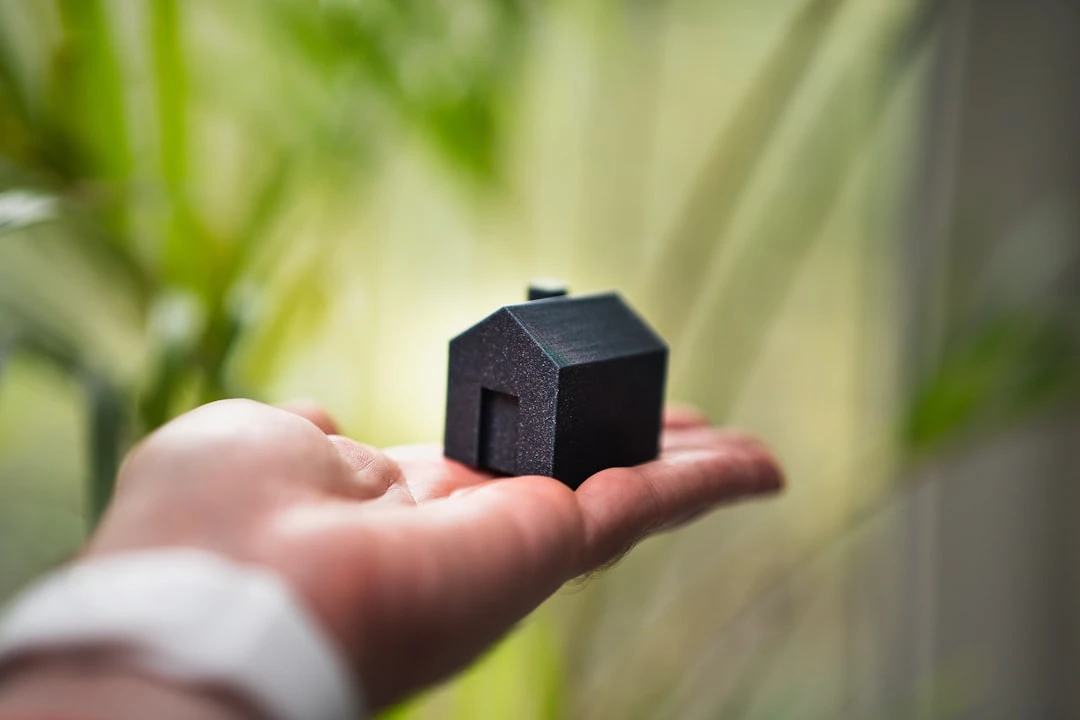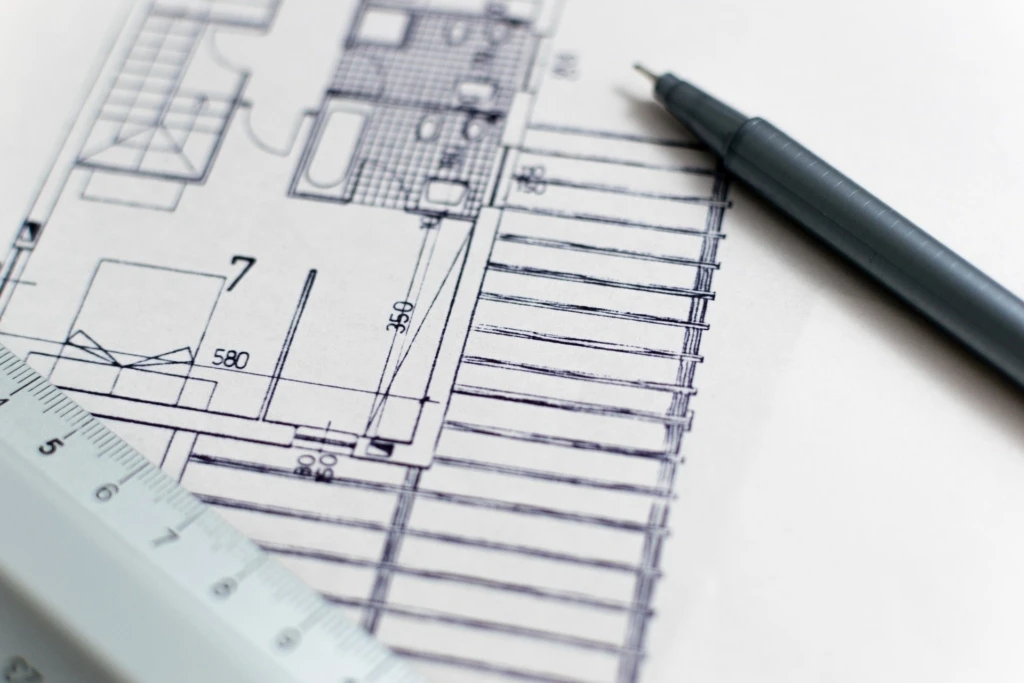Landlord or Tenant – Who Should Insure a Rental Property?
-web.webp)
If you're a rental property owner or tenant, the inevitable question arises: should only the property owner worry about insurance, or should the tenant also take responsibility?
Surely everyone has heard stories from acquaintances or the media about tenants who have never cleaned their rental apartment, and in worse cases, have even made fires on the balcony, allowed pets to use a room as a bedroom, or completely trashed the apartment. There are also cases where a tenant has left the bath water running and damaged the neighbor's apartment below. But what happens when burglars break into an apartment and take away electronics and some other valuables?
„The best protection is a combination of insurance contracts concluded between the landlord and tenant, meaning both parties should be insured, each with different liability and insurance needs," said Dagmar Gilden, product manager of home insurance at Seesam.
Protecting property is the owner's responsibility
According to the insurance company, an owner can insure the real estate, as well as home interior finishes, built-in kitchen furniture, bathroom furniture, carpets, household appliances and other items used in the apartment.
„Additionally, the owner has the opportunity to protect themselves against loss of rental income. The need to use this insurance protection arises in cases of major damage that disrupts daily life to such an extent that the tenant cannot live in the rental space during the renovation period and therefore cannot pay rent. Such situations can occur, for example, in cases of extensive damage to the bathroom or kitchen," explained Gilden.
Before renting out living space, the owner must also inform the insurance provider of their plan. Although the risks in rental properties are somewhat different than in owner-occupied real estate, the insurance company notes that you should not fear a significant increase in insurance premiums. However, if the insurance contract does not state that the apartment is used as a rental property and the coverage includes intentionally caused damage, the insurance company may refuse to compensate for damage if the tenant has caused it.
According to Gilden, malicious tenants have extinguished cigarette butts on window sills, causing holes to melt into the surface, broken furniture, or have not cleaned for the entire rental period, so that cleaning products alone are no longer sufficient.
„Fortunately, however, most tenants treat the rental property like their own home, and we usually deal with similar problems in rental apartments as we do with any other home. The most common are certainly water damage, caused by a forgotten open tap or a leaking washing machine connection. Damage is also caused by fires, which originate from both unattended candles and careless smoking. There are also common property damage such as broken furniture or household appliances, and burglars who break into homes cause a lot of trouble, they never leave empty-handed," listed Gilden the damage associated with rental apartments.
The tenant must insure personal property
Although insuring the apartment is not directly the tenant's responsibility, it is in their interest to insure the personal items in the apartment – furniture, appliances and other things that arrive when moving into the apartment. Namely, the tenant's personal items are not covered by the owner's insurance. For example, in case of fire or theft, the owner's insurance covers the restoration of the apartment, but not the tenant's personal property.
„Regarding the assessment of property value, we want to emphasize to both owners and tenants not to underestimate the value of your property. When compensating for damage, we quite often encounter a situation where a person has only thought about larger items like televisions and refrigerators, but forgets about clothes, kitchenware, books, etc. In case of fire, all of these need to be replaced and each small item's cost together adds up to quite a large sum, which drains money from the wallet. Special attention should certainly be paid to artworks, antiques, rare collections or precious stones," gave Gilden advice on assessing the value of your property.
In addition to insuring personal property, it would be wise for the tenant to have liability insurance. With this, the tenant insures themselves against damage that may occur to another apartment or neighbors as a result of their actions. For example, a forgotten tap that causes water damage to the neighbors' ceiling and also damages expensive furniture.
In summary, rental apartment insurance should be in the interests of both parties, because only then are both protected and the rental relationship proceeds more smoothly and unexpected incidents do not result in major additional expenses.
Remember for the landlord
Inform your insurance provider about the rental
Protect yourself with additional insurance against loss of rental income
Account for normal wear and tear: daily wear is normal and is not covered by insurance
Remember for the tenant
Protect your personal property and insure appliances, furniture and other items separately
Take out liability insurance that protects against unexpected accidents, such as water damage or fire that damage both the apartment and neighboring apartments
Assess the value of your property accurately. Also account for smaller items like clothes, kitchenware and books




